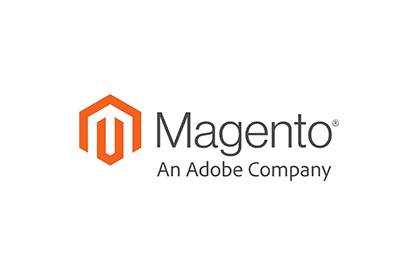How is Magento Beneficial for eCommerce?
According to recent data, the global eCommerce market is expected to grow to $5.55 trillion in 2022.
Since the volume of eCommerce customers is growing
exponentially, business owners require robust online solutions to not only provide
customers with an enhanced shopping experience but also to drive in new
audiences. Of all the top eCommerce platforms, Magento is the best and most
widely preferred platform for website development as it provides endless growth
opportunities to businesses.
Did you know that Magento powers around 0.6% of all
known websites and 2.3% of the eCommerce stores worldwide?
To establish how Magento is beneficial for eCommerce,
we have discussed the features of this eCommerce solution.
What is Magento?
Magento, now Adobe Commerce, is an open-source
platform written in PHP and developed on the Zend framework. Magento was
initially released on March 31, 2008, by Varien which was later acquired by
Adobe in May 2018.
To start an eCommerce business, business owners need
to plan and design strategies extensively, ensuring that the products they sell
reach out to a wider audience. You need to ensure that the eCommerce platform
you use for your online store is secure, easy to use, has a strong foundation,
and offers better performance and scalability at the same time.
Listed below are some of the key reasons that position
Magento as the best option for eCommerce businesses.
1. Magento eCommerce solution offers multi-website options that can be controlled by
a single back-end admin.
Magento is an incomparable multi-channel eCommerce
platform that allows e-business owners to create and design their websites, irrespective
of the size and complexity. You can create high-end B2B and B2C shopping
experiences with Magento’s rich, out-of-the-box features.
18th Digitech, an Adobe Gold Solution Partner, is here to assist you in each step of your B2C and B2B journey. We
offer personalised eCommerce solutions that deliver a positive customer
experience and drive conversions.



Comments
Post a Comment